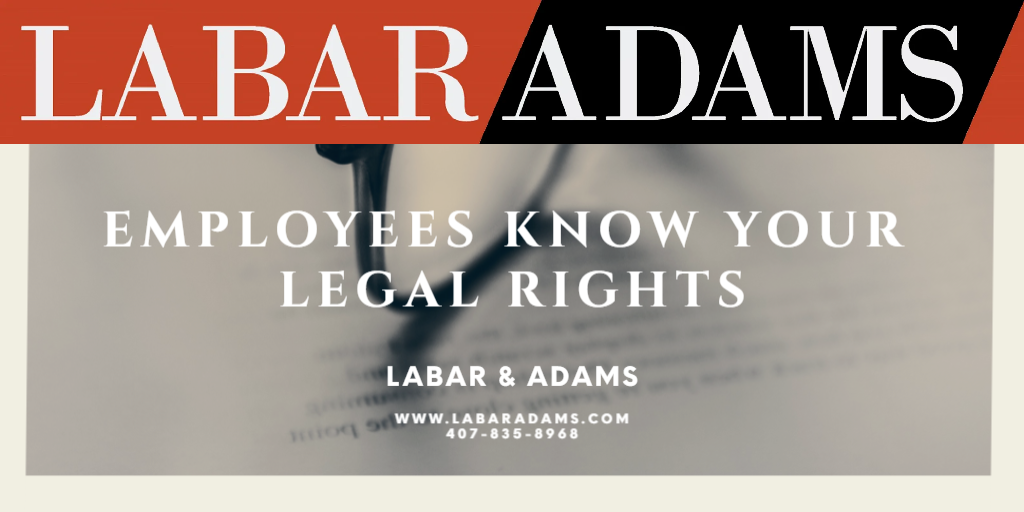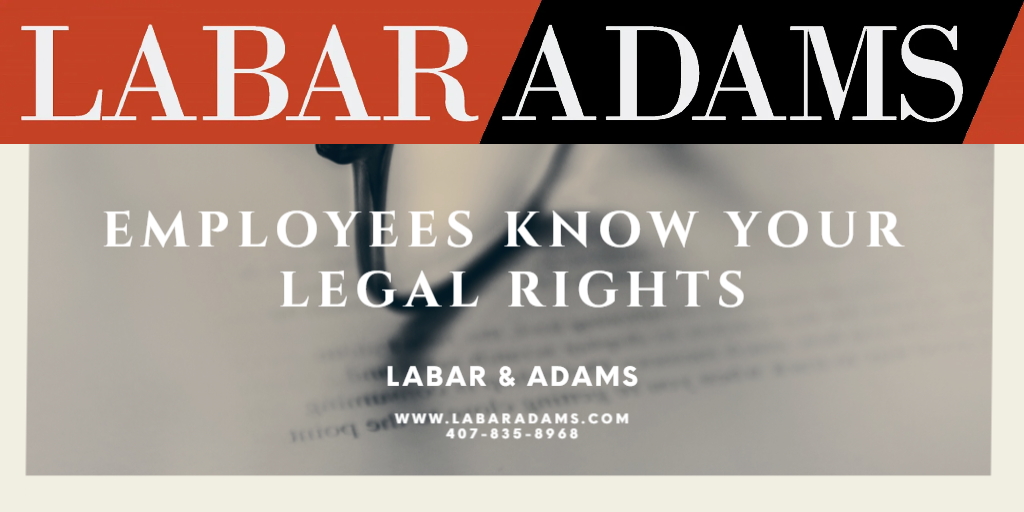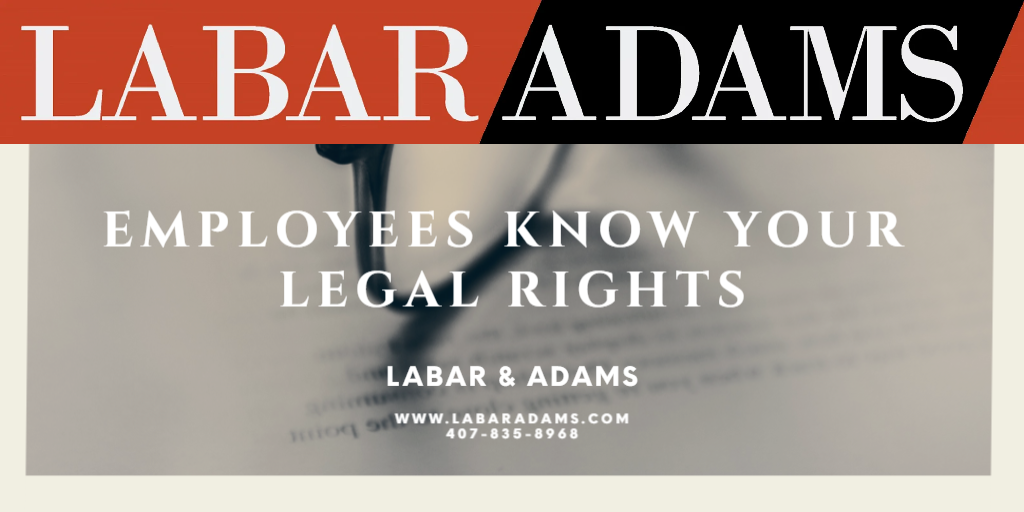Updated 10/19/2022
Basic Definitions
“Employers” are liable for unpaid overtime and minimum wage pursuant to the Fair Labor Standards Act. Yet who is an “employer?” The definition of an employer is extremely broad. Employer is any person acting directly or indirectly in the interest of an employer in relation to an employee. Employee is a person employed by an employer. Therefore, employer is defined expansively and with striking breadth under the FLSA.
Application- Individuals
A corporate officer with operational control of a business is an employer. As such, jointly and severally liable under the FLSA for unpaid overtime wages or minimum wage. An individual involved in the day-today operations may be an employer. An individual directly responsibile for the supervision of employees may be an employer. If an individual was responsible for or had the ability to prevent the alleged FLSA violation, that individual may be personally liable for the unpaid overtime pay or minimum wage.
Application- Businesses
Two or more employers can jointly employ an employee. This is called “joint employer” status. There can be horizontal joint employment or vertical joint employment. Horizontal joint employment exists where two or more employers have an employment relationship with an employee and the employers are sufficiently related or associated with respect to the employee that a joint employer is created. This type of joint employer focuses on the relationship between the employers. The U.S Department of Labor has provided this example of a horizontal joint employer scenario:
Example: An employee is employed at two locations of the same restaurant brand. The two locations are operated by separate legal entities (Employers A and B). The same individual is the majority owner of both Employer A and Employer B. The managers at each restaurant share the employee between the locations and jointly coordinate the scheduling of the employee’s hours. The two employers use the same payroll processor to pay the employee, and they share supervisory authority over the employee. These facts are indicative of joint employment between Employers A and B.
Vertical joint employment exists when the employee has an employment relationship with an employer in which the economic realities are that the employee is dependent upon, and thus employed by, another entity involved in the work. This type of joint employer focuses on the economical realities between the employee and the purported employer. The U.S Department of Labor has provided this example of a horizontal joint employer scenario:
Example: A laborer is employed by ABC Drywall Company, which is an independent subcontractor on a construction project. ABC Drywall was engaged by the General Contractor to provide drywall labor for the project. ABC Drywall hired and pays the laborer. The General Contractor provides all of the training for the project. The General Contractor also provides the necessary equipment and materials, provides workers’ compensation insurance, and is responsible for the health and safety of the laborer (and all of the workers on the project). The General Contractor reserves the right to remove the laborer from the project, controls the laborer’s schedule, and provides assignments on site, and both ABC Drywall and the General Contractor supervise the laborer. The laborer has been continuously working on the General Contractor’s construction projects, whether through ABC Drywall or another intermediary. These facts are indicative of joint employment of the laborer by the General Contractor.
Conclusions
As is obvious, the individuals and entities liable for an employee’s unpaid overtime pay and minimum wage can be many. The FLSA is meant to ensure that workers receive the protections which they are entitled.
The Employment Lawyers at LaBar & Adams, P.A. are committed to ending deplorable workplace conditions. We are committed to ensuring that all employees receive the overtime pay or minimum wage they are entitled to under the law. If you believe you are owed unpaid overtime or minimum wage, please contact the employment lawyers at LaBar & Adams, P.A. in Orlando at 407-835-8968 or fill out the online form located on our website.





